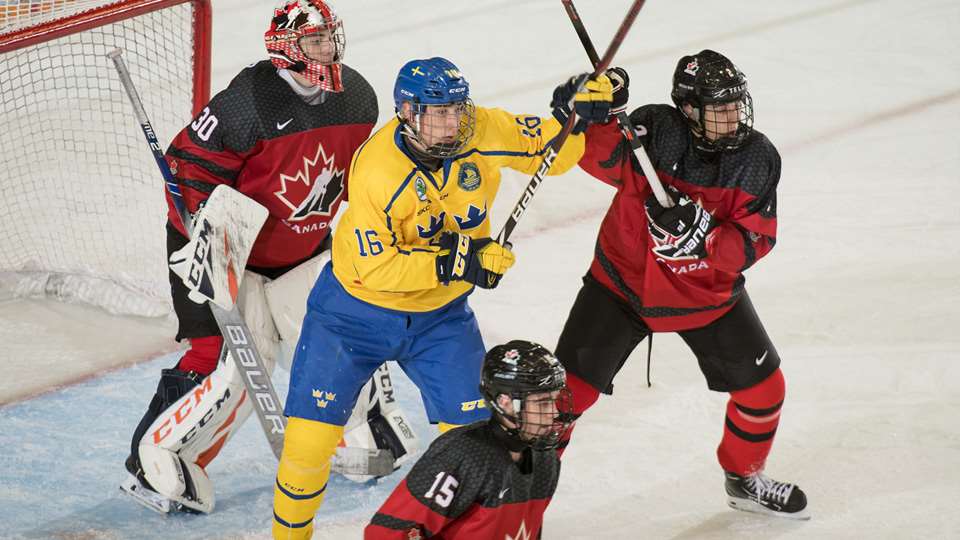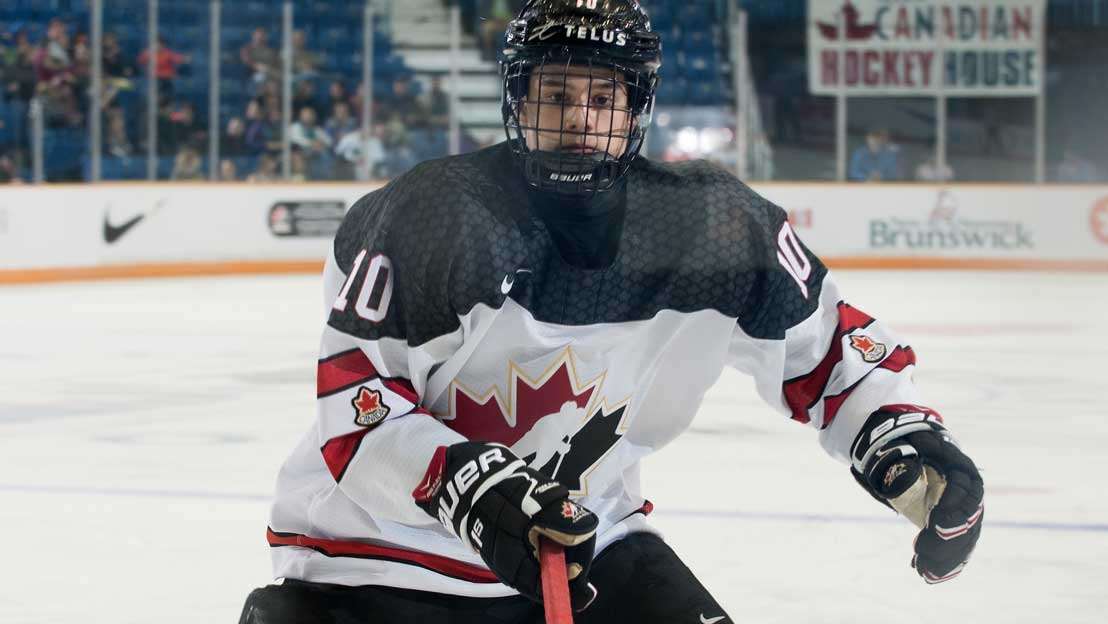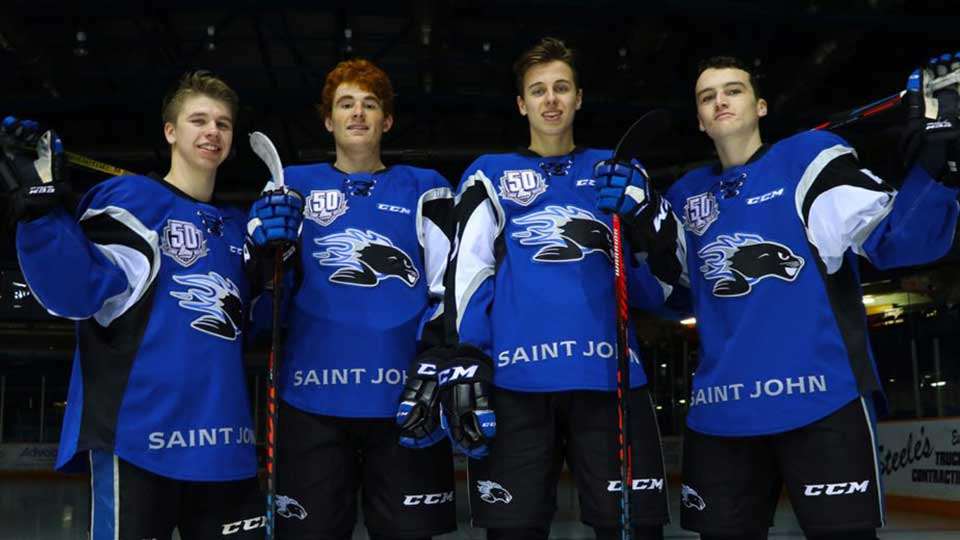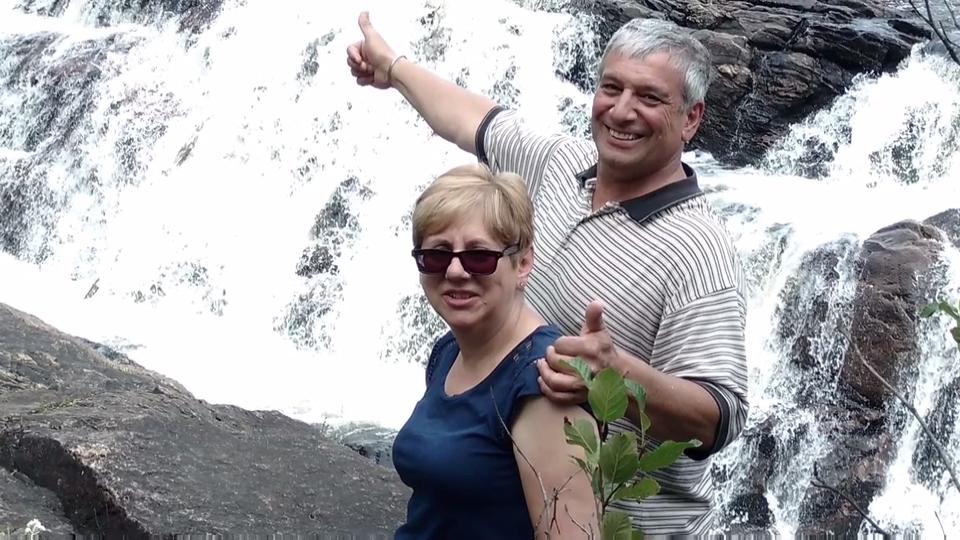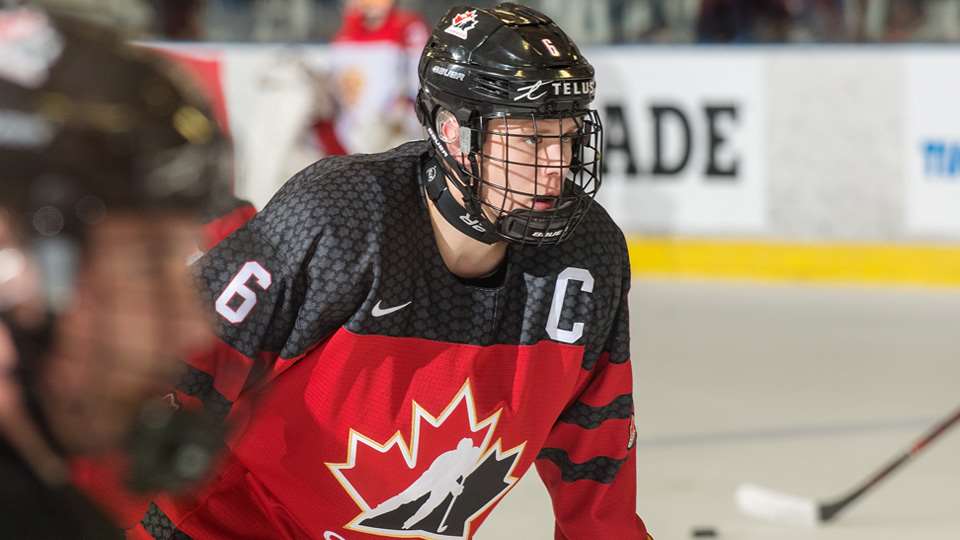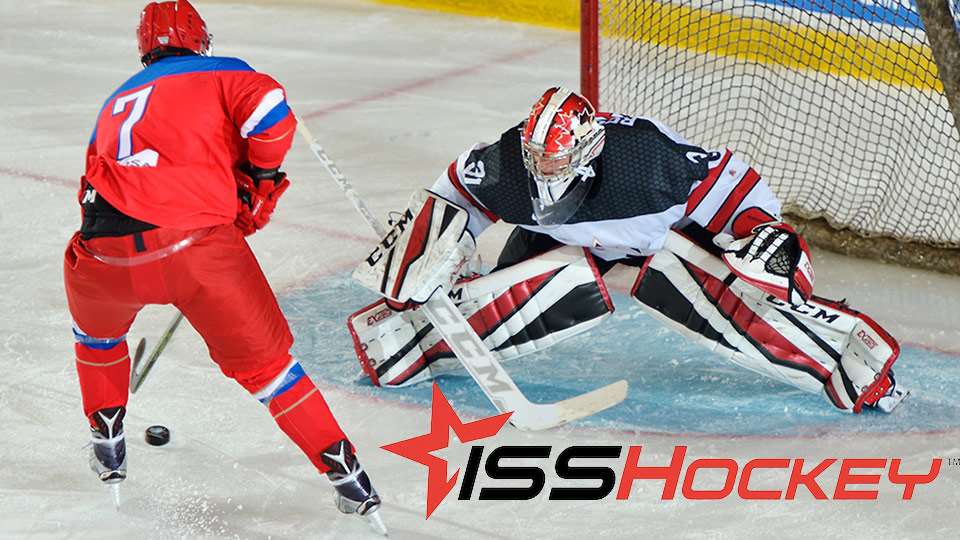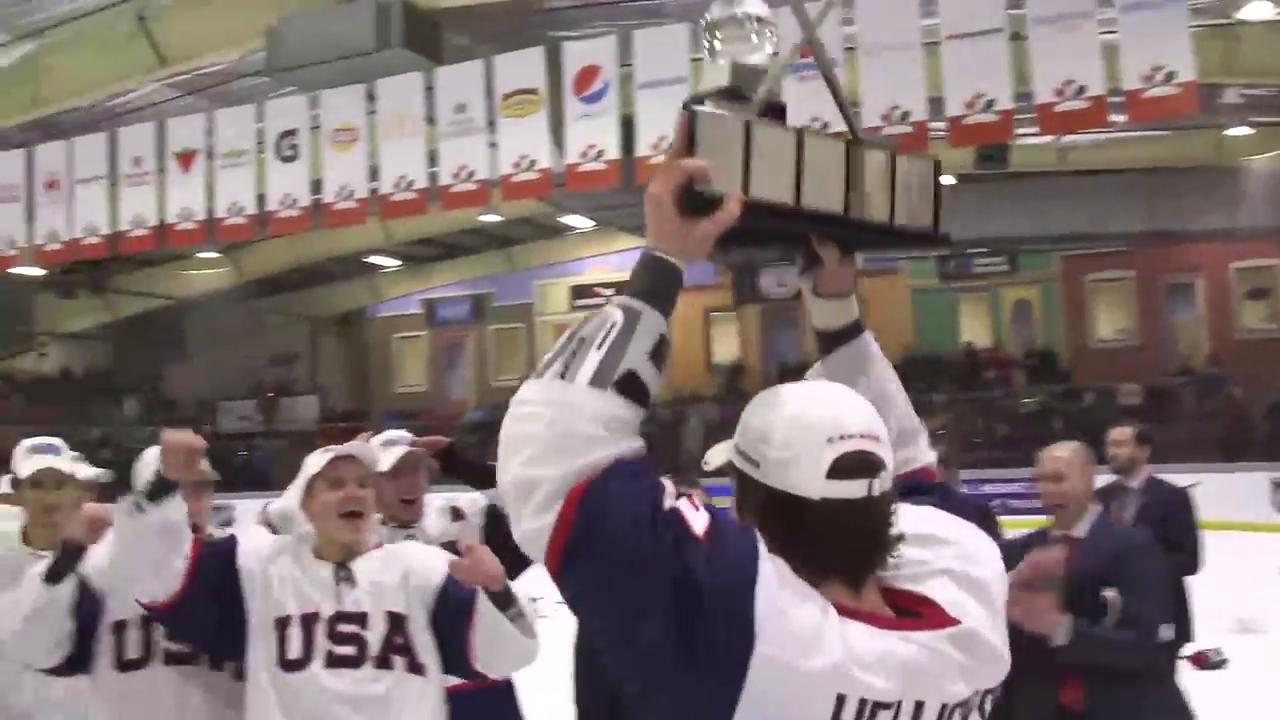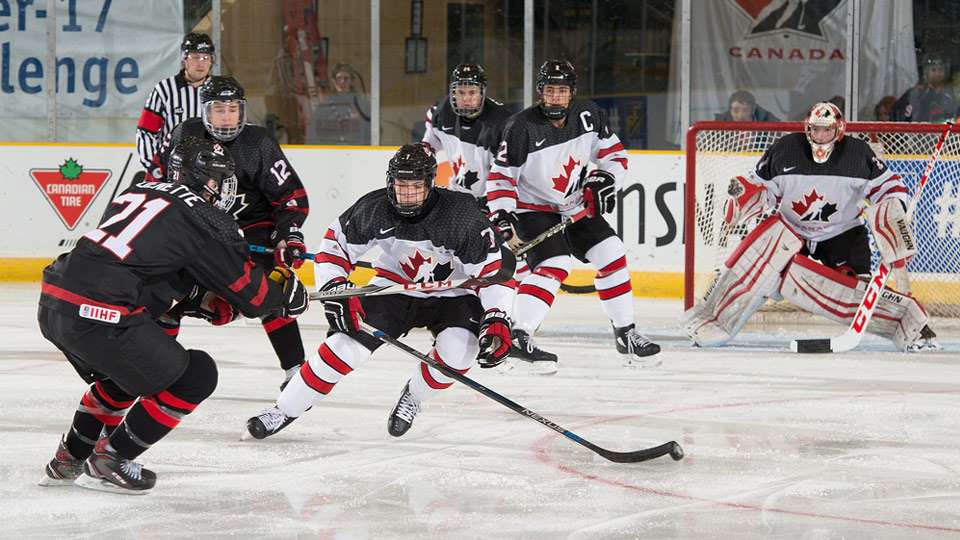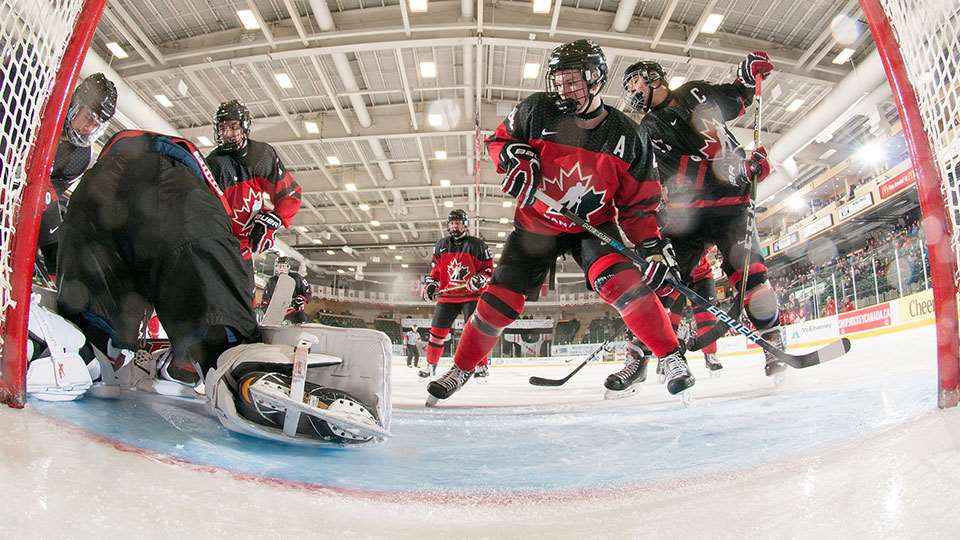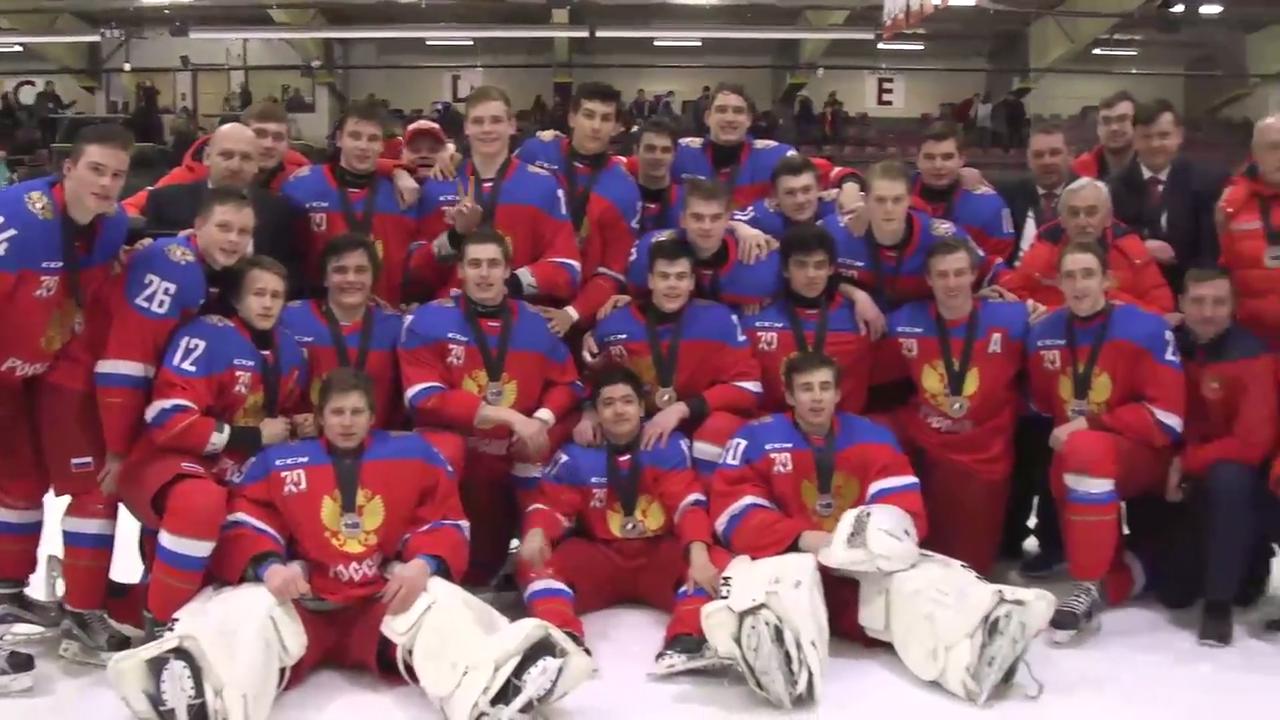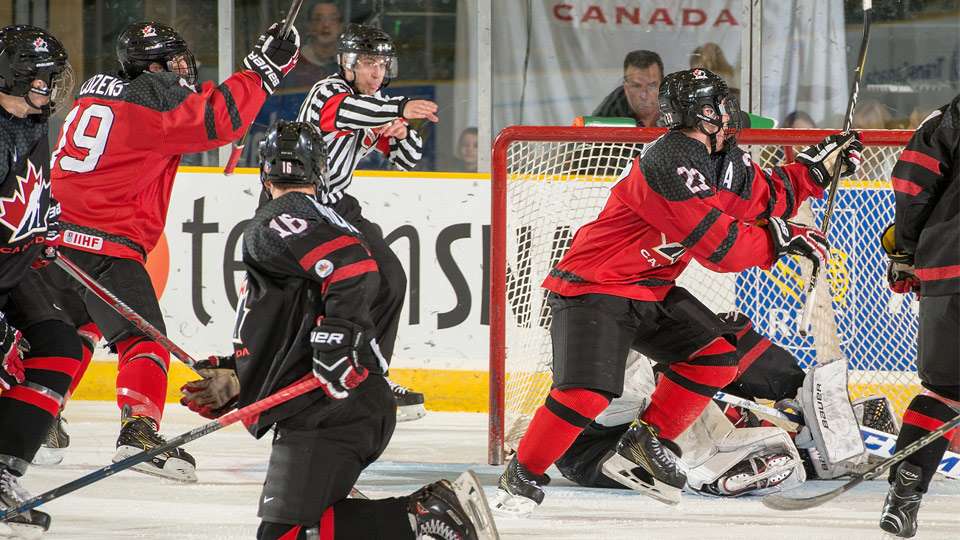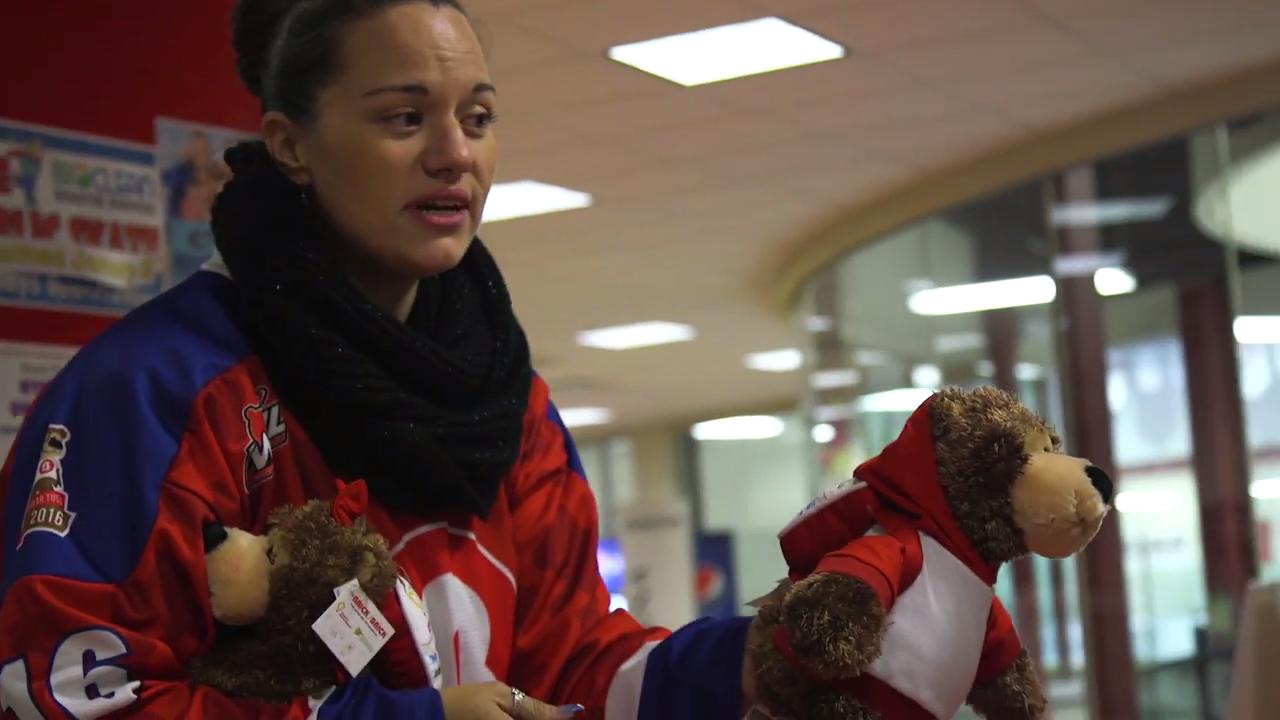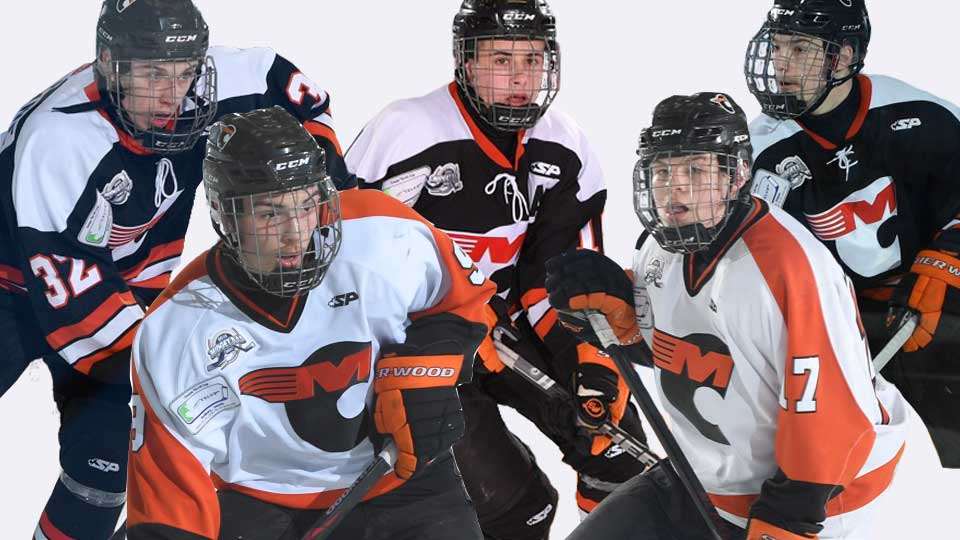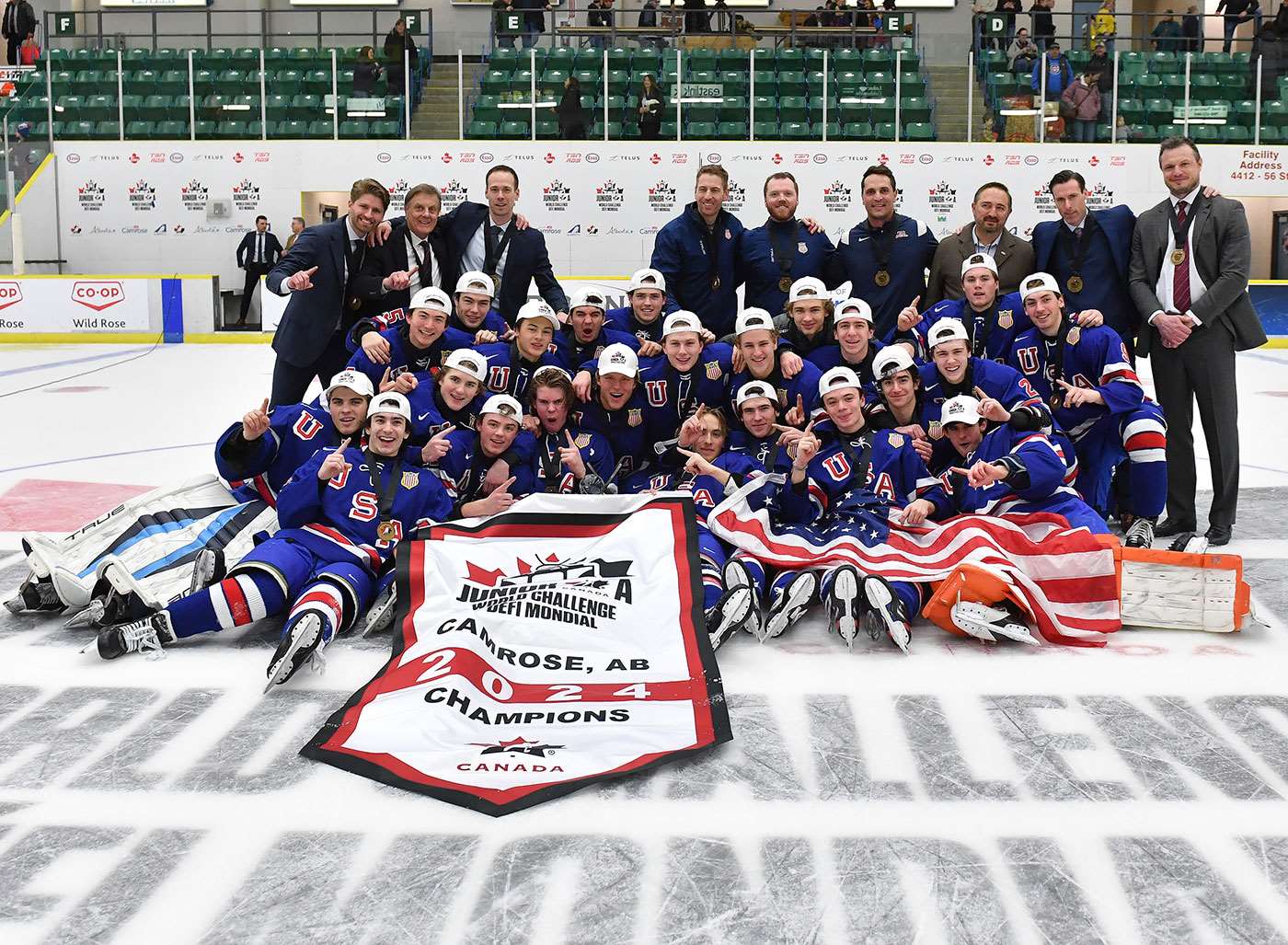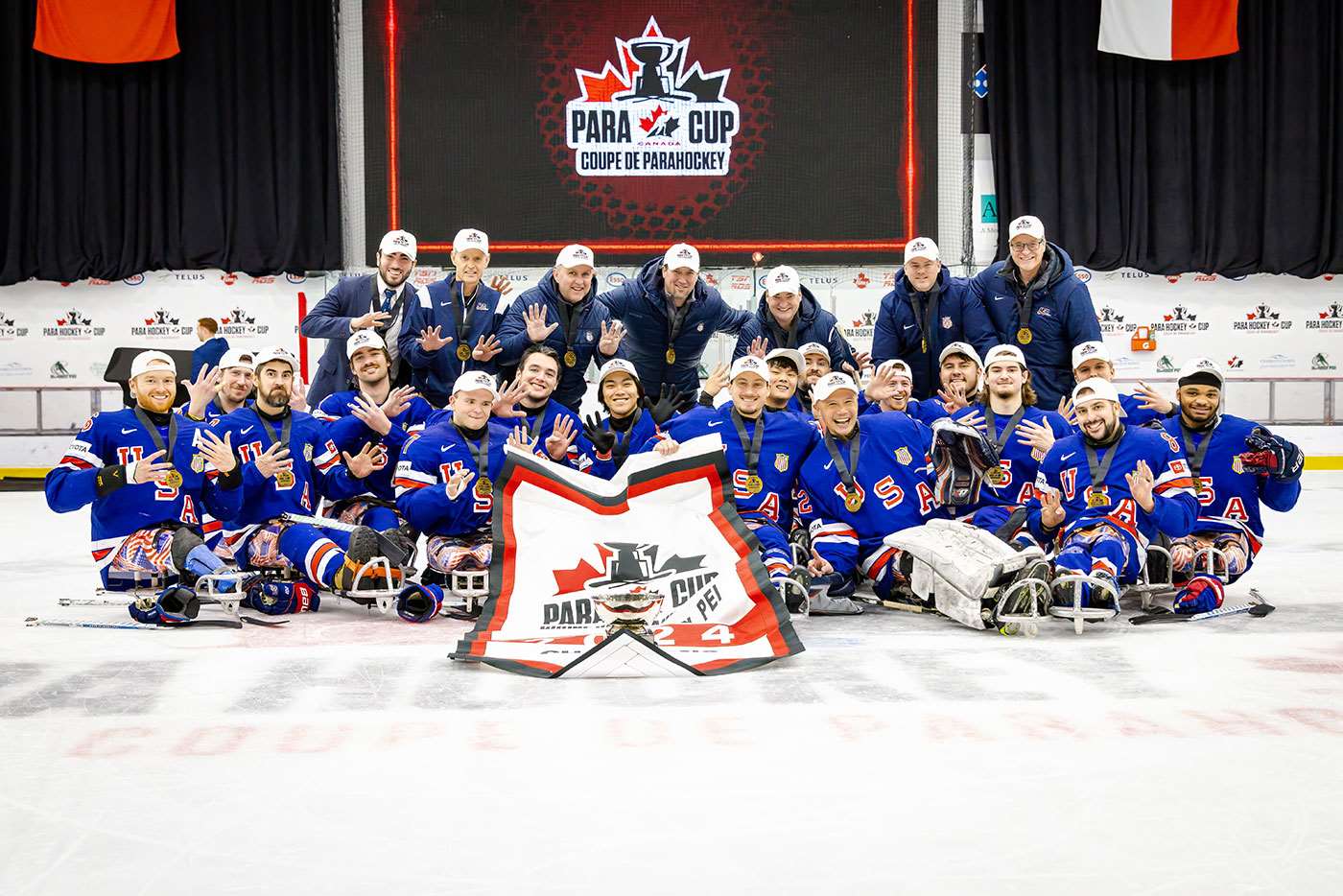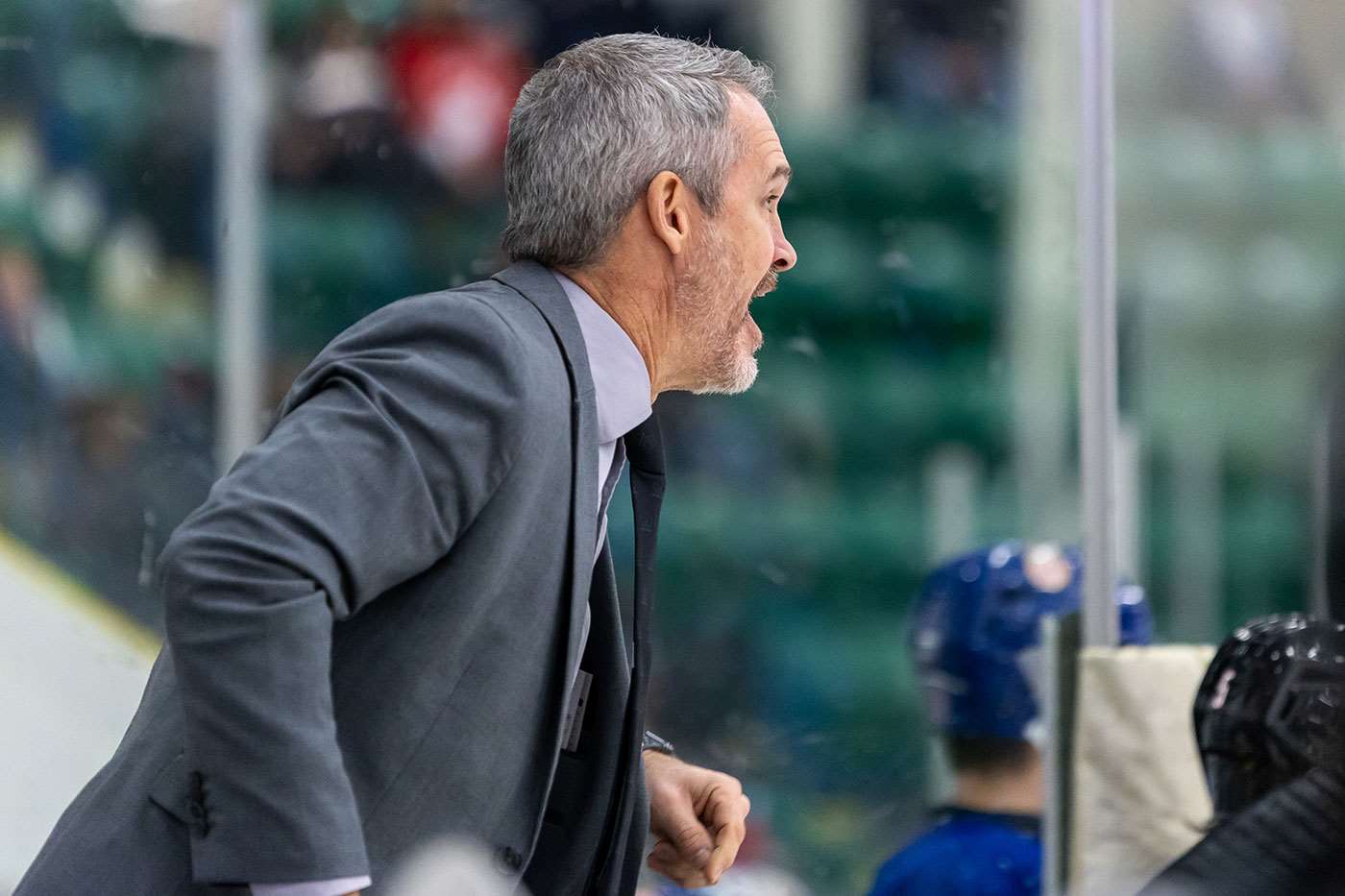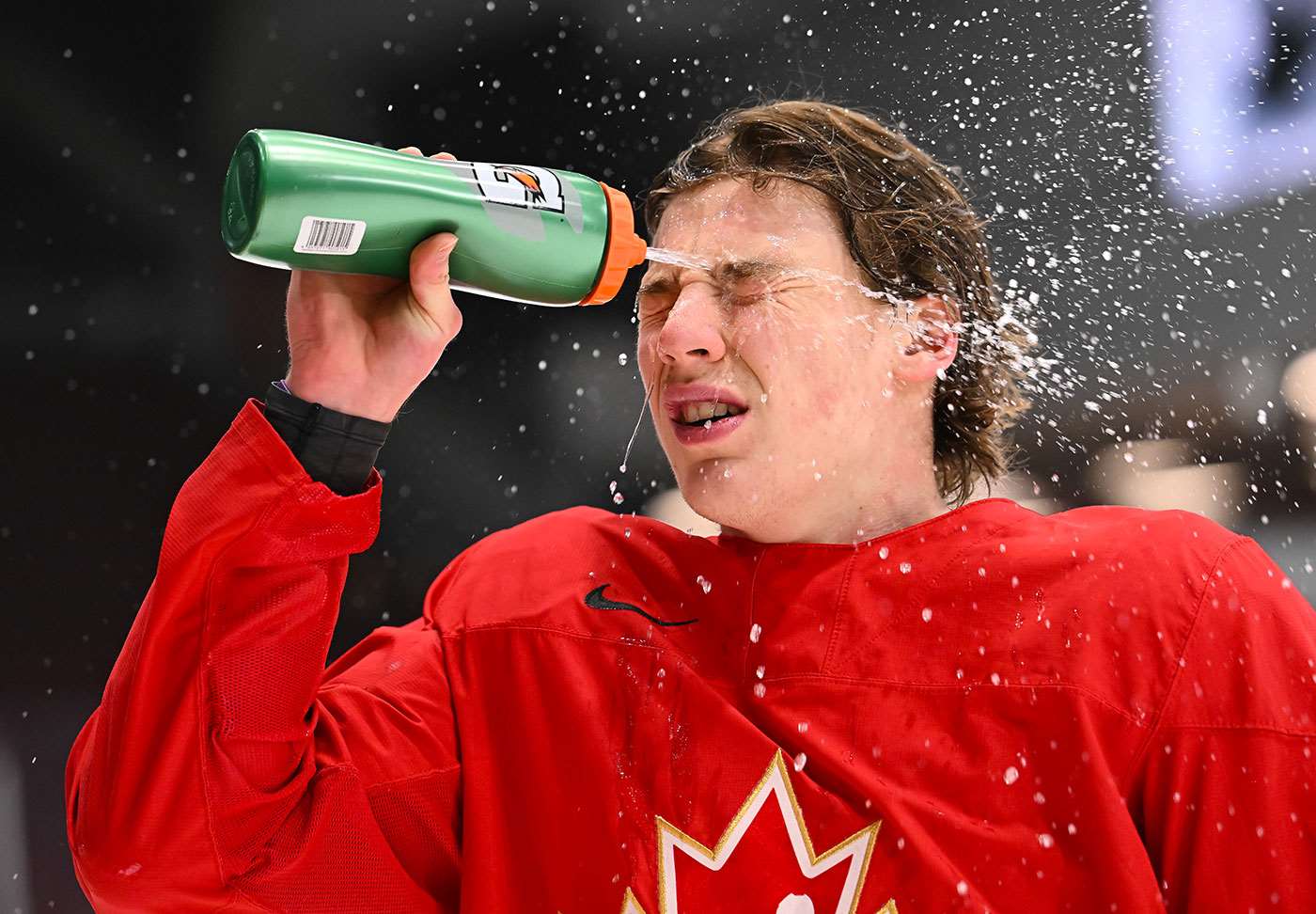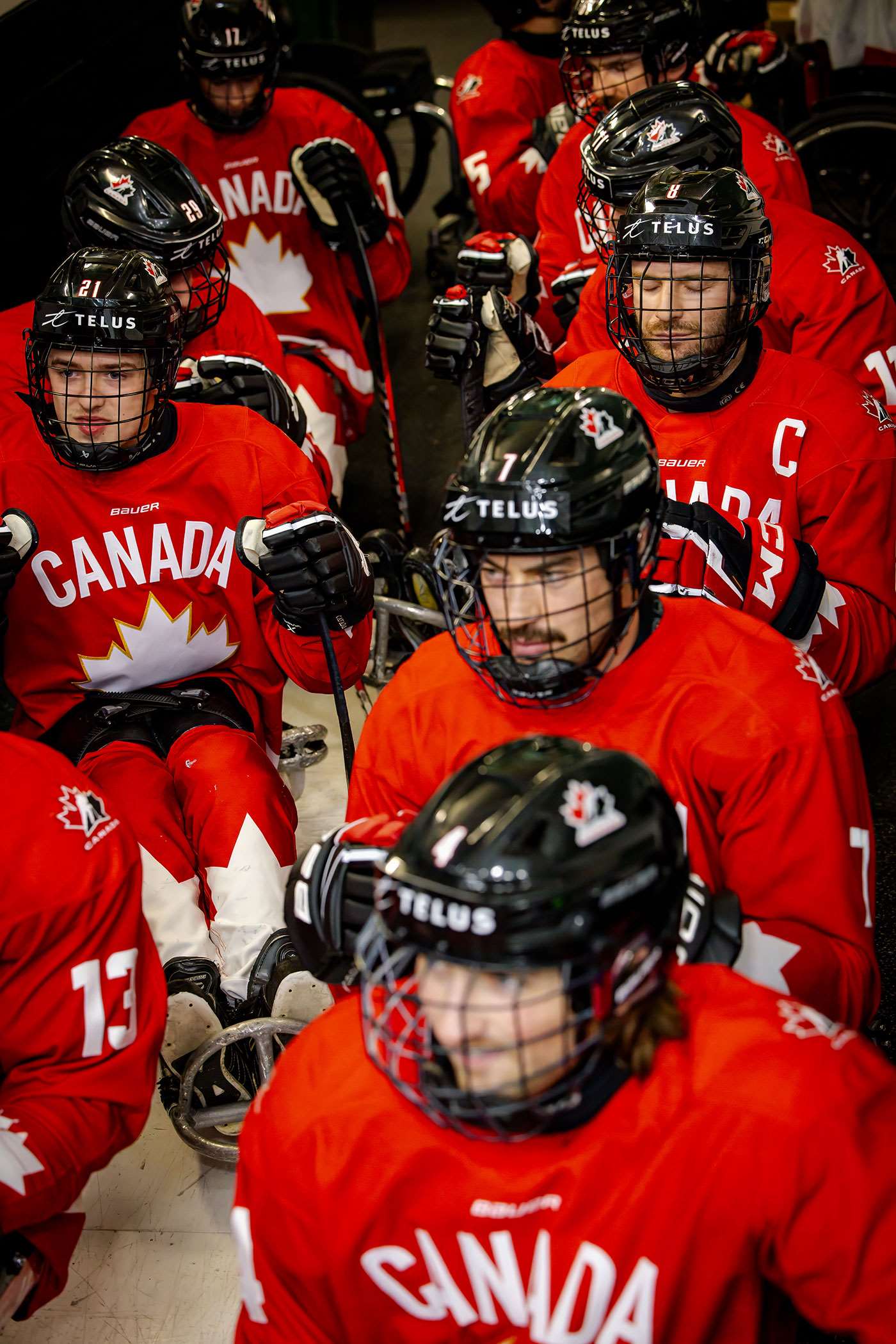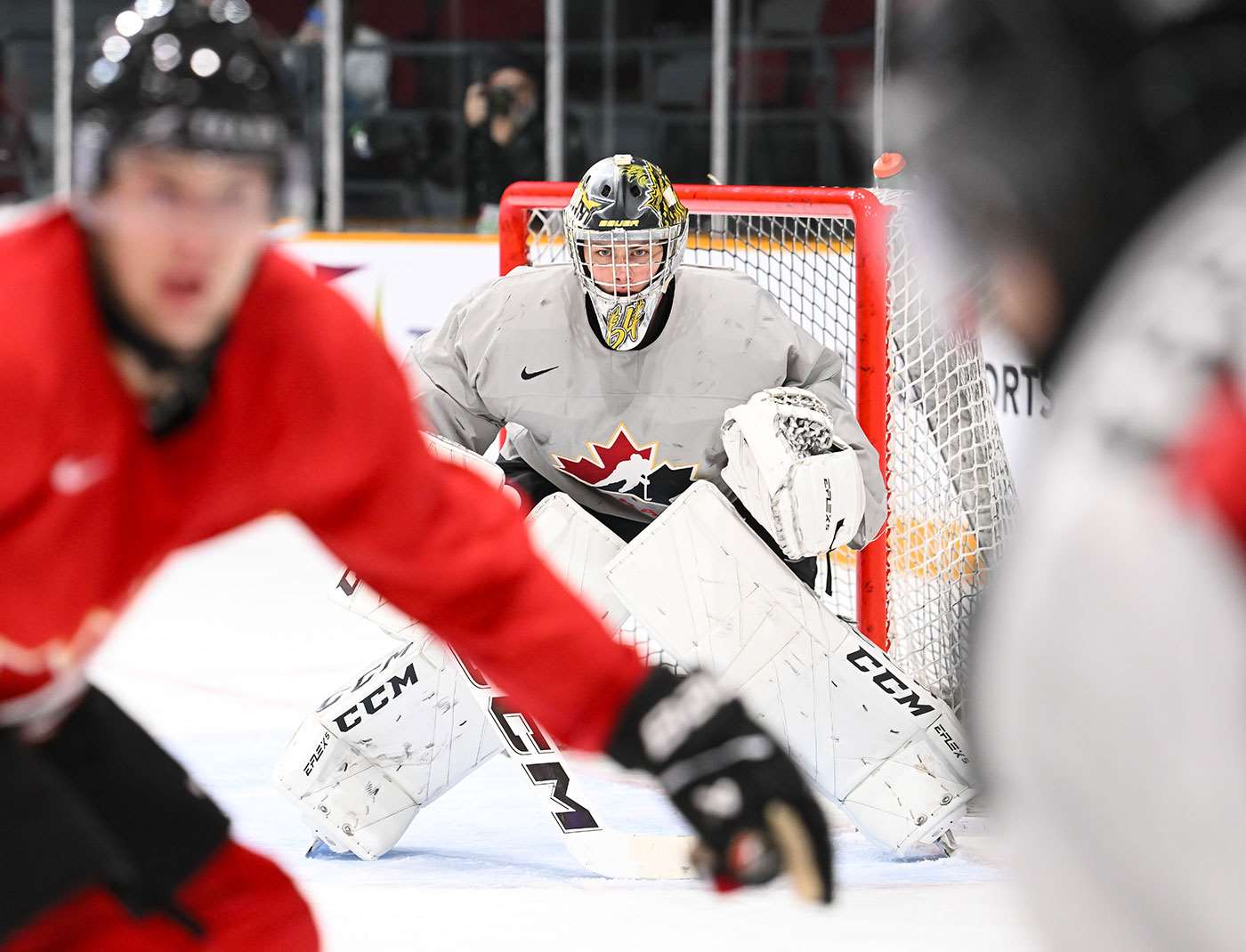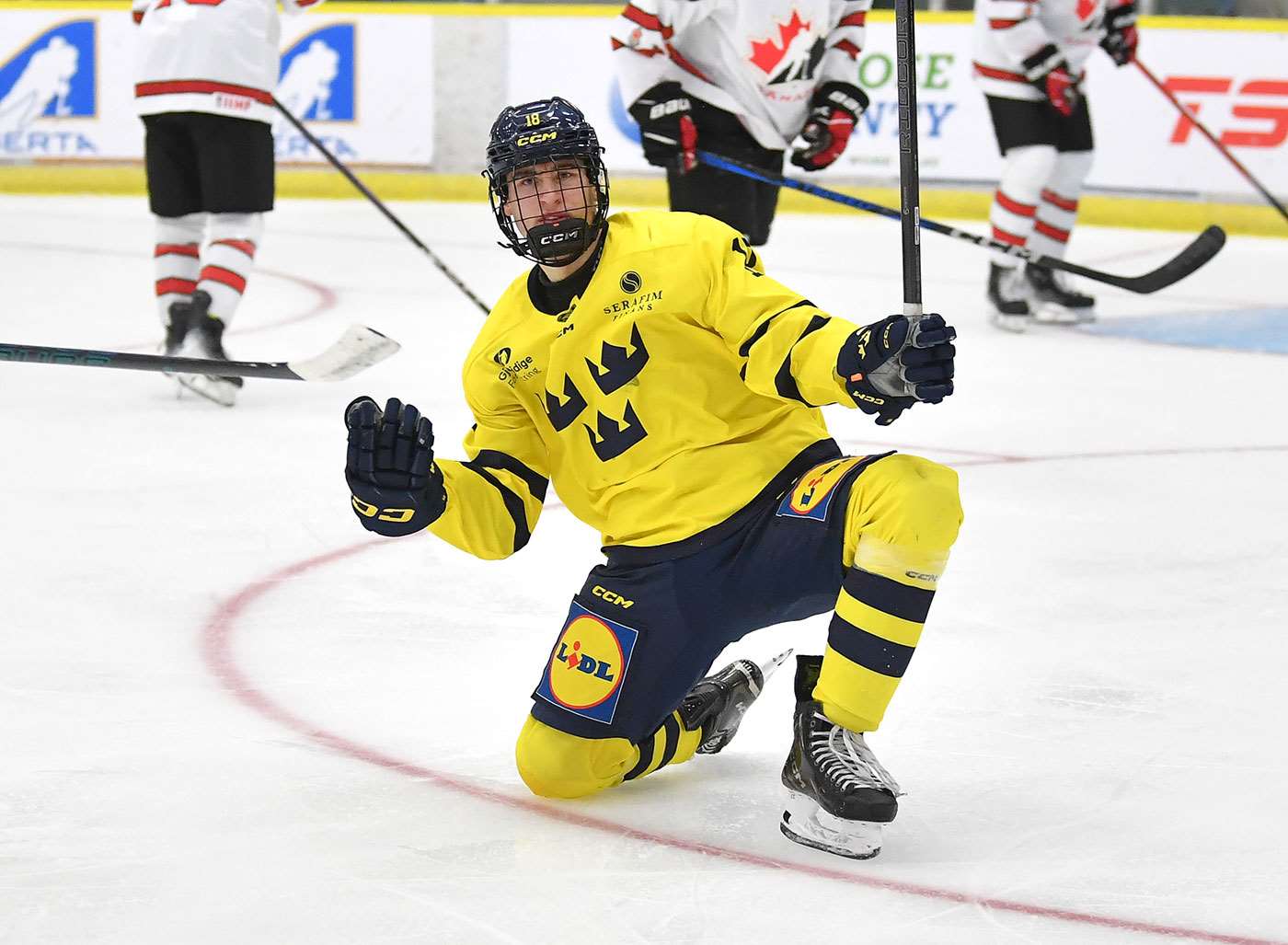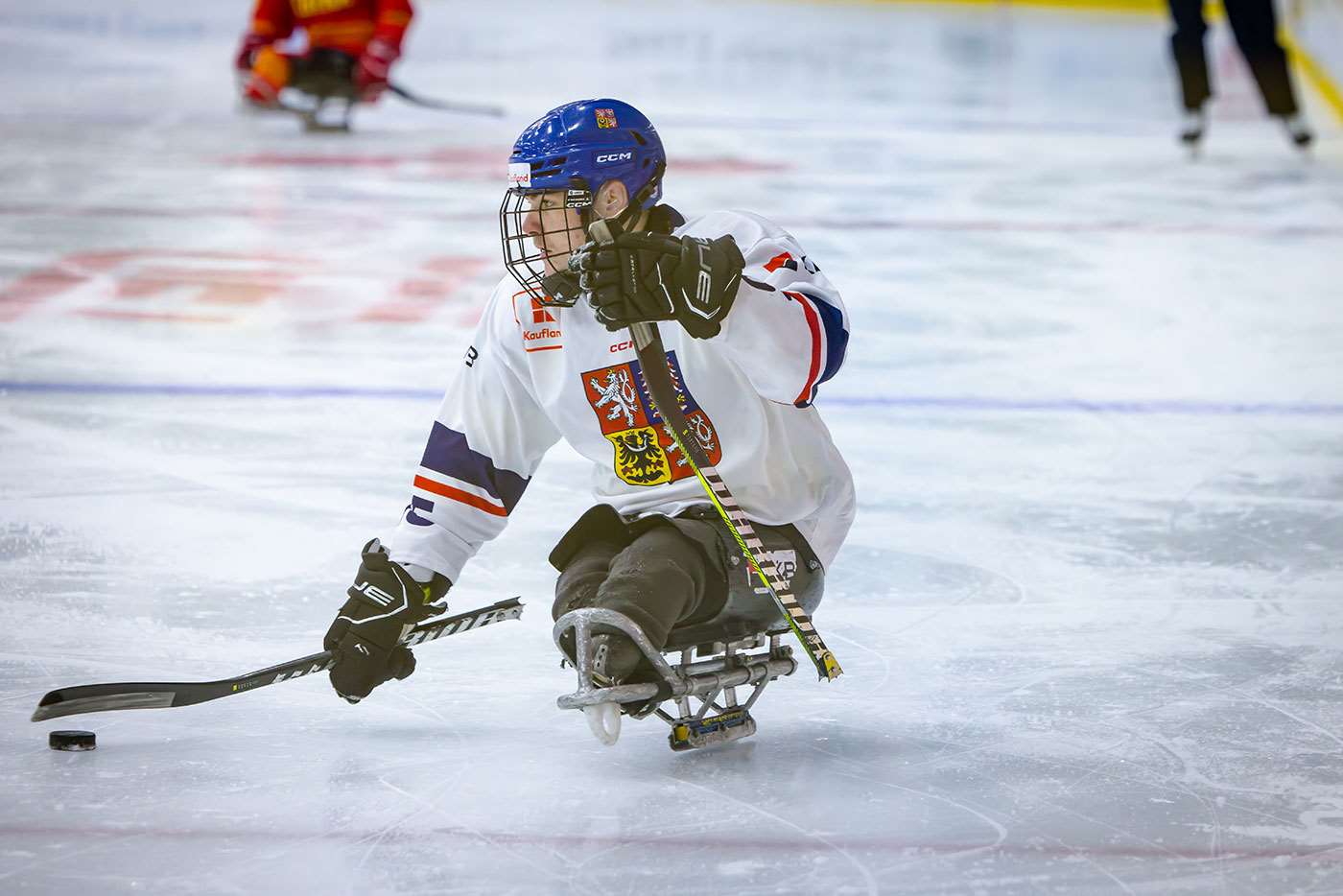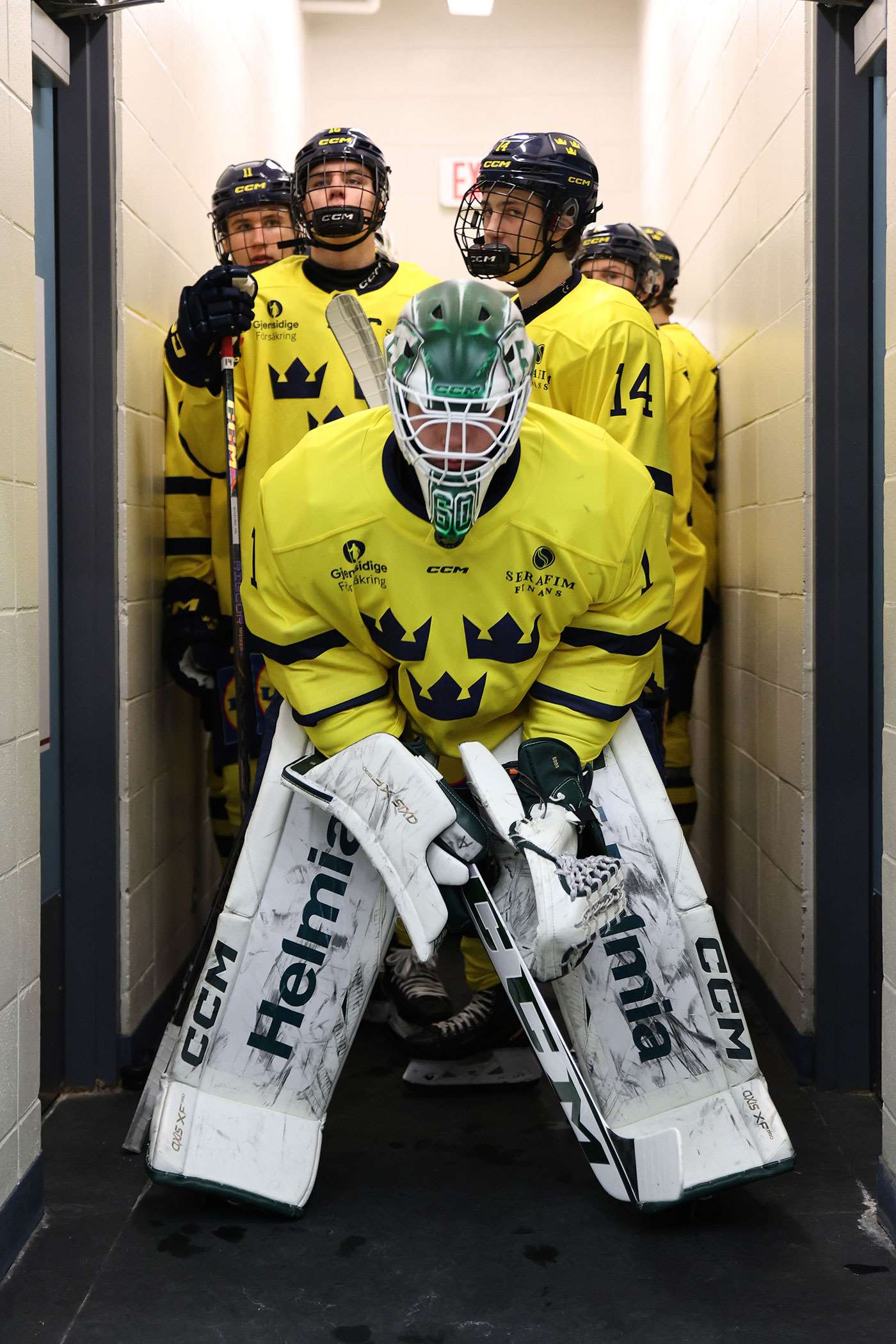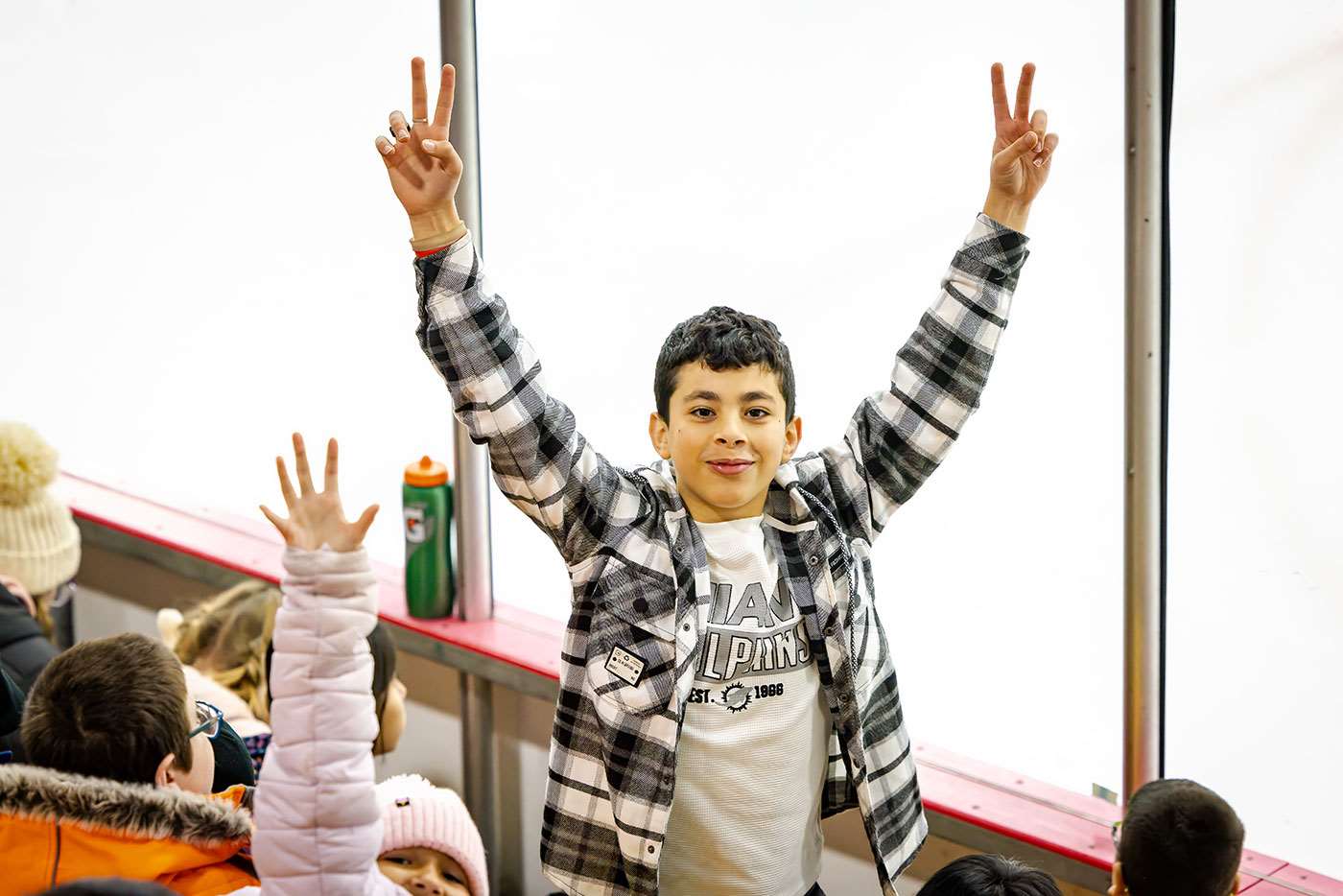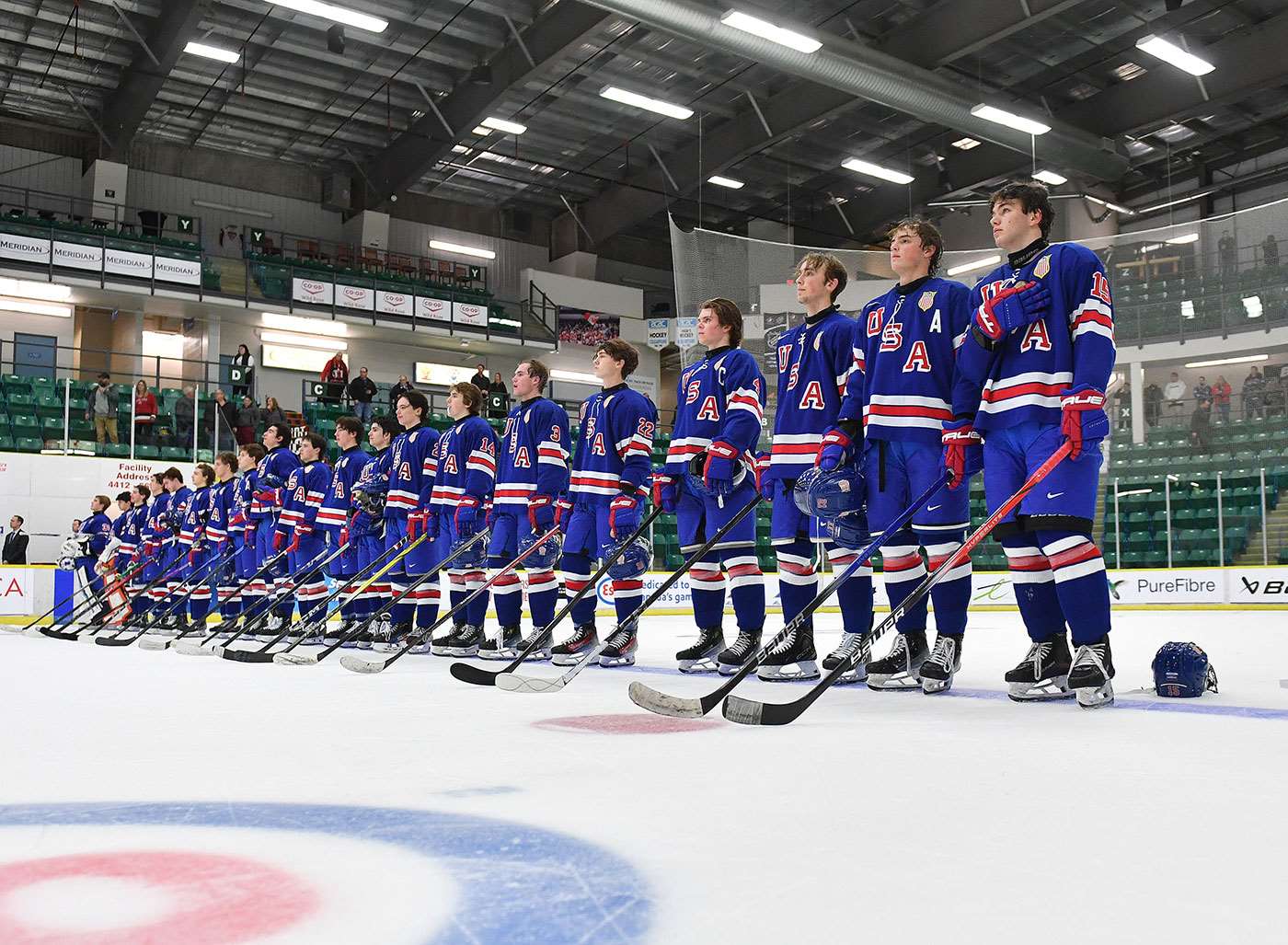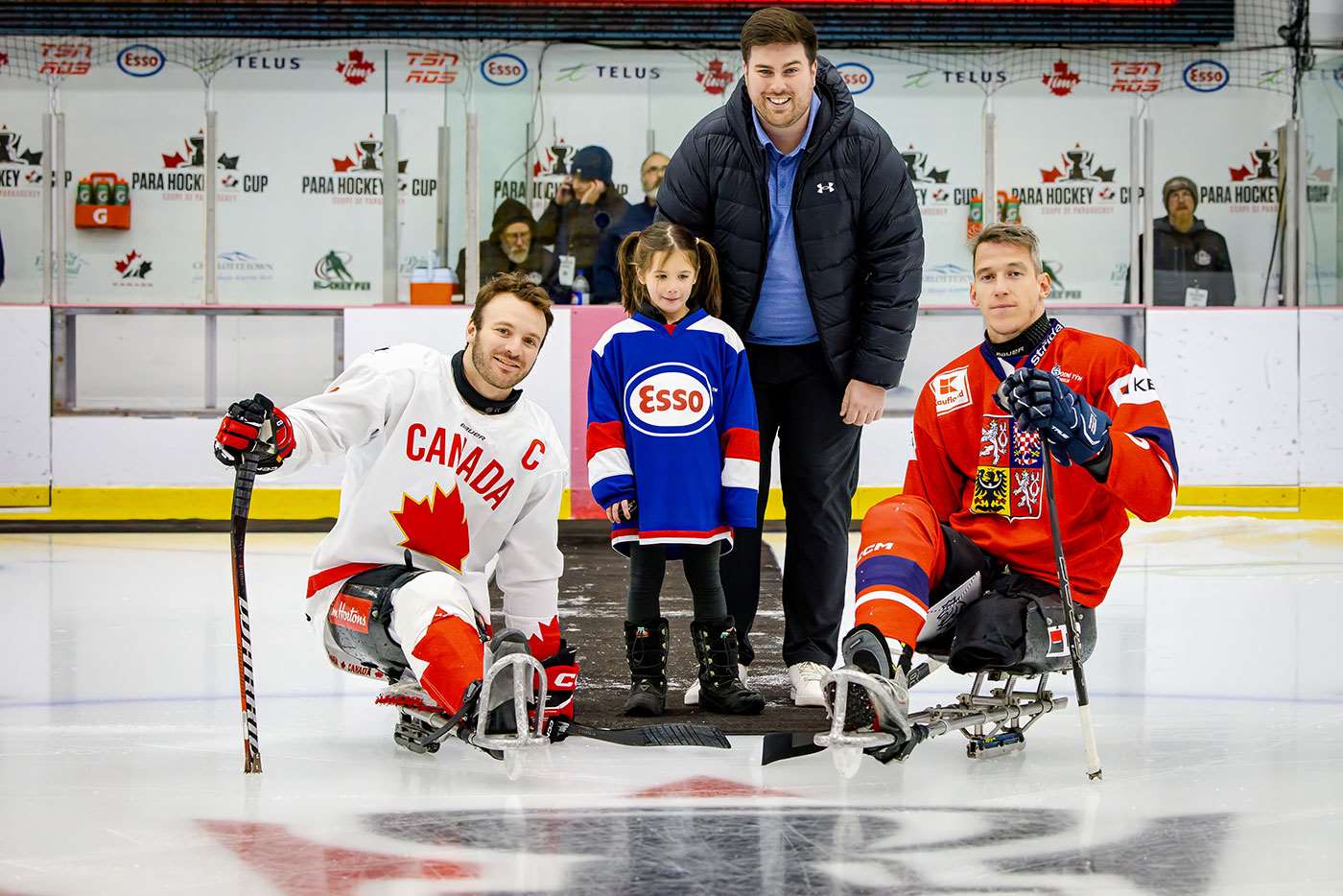
Schedule
Team Canada (Men)
IIHF World Junior Championship | Dec. 26, 2024-Jan. 5, 2025
Spengler Cup | Dec. 26-31, 2024
4 Nations Face-Off | Feb 12-20, 2025
IIHF U18 World Championship | April 23-May 3, 2025
IIHF World Championship | May 9-25, 2025
U17 World Challenge | Nov. 3-9, 2024
Hlinka Gretzky Cup | Aug. 5-10, 2024
Junior A World Challenge | Dec. 9-15, 2024
National Junior Team vs. USPORTS | Dec 12-13, 2024
Search
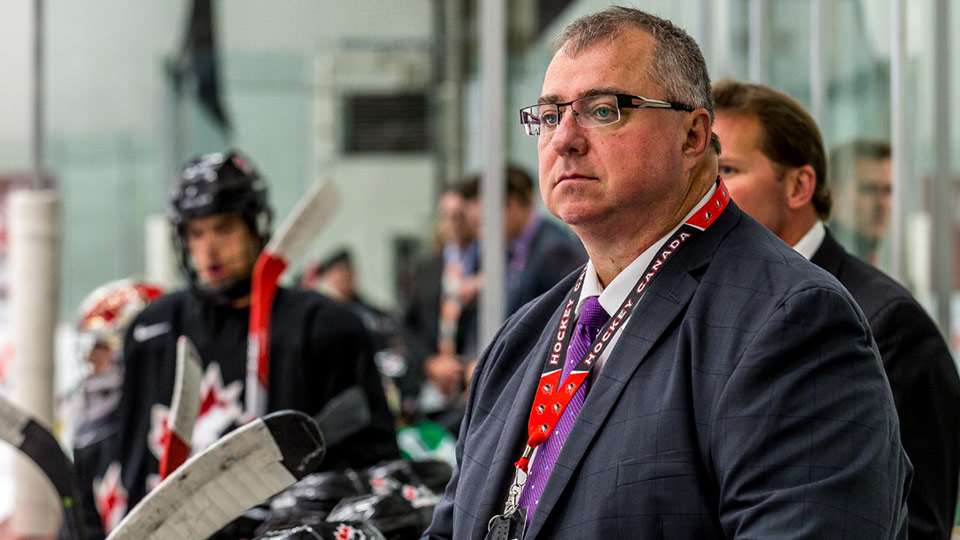
Coming full circle
34 years after winning World Juniors gold, and after a career path with a few interesting stops, Paul Boutilier has returned to the Program of Excellence

As with most elite coaches across the country, Paul Boutilier is involved for all the right reasons.
After all, based on his post-secondary education he could certainly find other vocations that would be financially more rewarding with less travel and potential criticism.
But his pursuit in hockey comes from a passion for the game and a desire to aid and develop young players, particularly defencemen.
At 53, the former National Hockey League rearguard returned to coaching two years ago, accepting a position with the QMJHL’s Saint John Sea Dogs, believing he had something to contribute to budding d-men, especially in this era of no red line.
He has parlayed those contributions into a head coaching role with Canada Black at the 2016 World Under-17 Hockey Challenge, a return for Boutilier to the Program of Excellence more than three decades after he won gold at the IIHF World Junior Championship.
According to Boutilier, today’s defencemen are being asked to be altruistic, yet aren’t being taught consistently on how to process that responsibility quickly and properly.
Defenceman need to skate, move the puck, play defence, jump into the rush, control the play and defend their goal. It’s a daunting level of expectation that he says needs to be taught with patience, inclusion and aplomb.
“I think today’s defenceman are being asked for everything in the game but they’re not receiving the proper communication on how to do everything,” he says.
So armed with 228 NHL games and a Stanley Cup on his résumé, two university degrees (MBA in IT management and a commerce degree in accounting), along with coaching credentials from two high-profile university programs (St. Mary’s and Dalhousie), Boutilier returned to the game with a plan.
With a natural appreciation for numbers, he developed a program at university called shift downtime, a concept for producing better defencemen with a focus on the player when they don’t have the puck.
The program layers in all the aspects of the position: gap posture, puck retrieval, eye positioning, etc.
It’s something he’s integrated into his Saint John group the last two seasons with favourable results, as this past fall the top six defencemen from last year’s Sea Dogs attended NHL main training camps, with Thomas Chabot cracking the Ottawa Senators’ opening-night roster.
That blue-line group also included Luke Green, a third-round pick (79th overall) of the Winnipeg Jets this past June. Green, an offensively-gifted defenceman, felt his game improved under Boutilier’s tutelage after just one season.
“He’s definitely a player’s coach,” the former No. 1 QMJHL pick says. “He does everything to try and make us better. He’s always learning and teaching us new things to make us better every day.
“He was always talking to me about reading the game and creating a better balance in my game between offence and defence.”
That ability to communicate and teach the game to elite teenage prospects was one of the big reasons Hockey Canada brought Boutilier on board for the U17s in Sault Ste. Marie, Ont.
It was an easy decision for Boutilier to accept the position since he is a product of the Hockey Canada system.
Back in the early 1980s, Hockey Canada introduced the Program of Excellence (POE). The idea – then and now – is to take the best players in Canada, develop them through a world-class system of coaching and training with the idea to compete and succeed on the international stage and guide their ascension to the next level.
Boutilier was a charter member of Hockey Canada’s inaugural POE team in 1982, a group that captured Canada’s first-ever IIHF World Junior Championship gold medal. (He returned one year later and captured bronze on a team that included Mario Lemieux and Steve Yzerman.)
During that 1981-82 season, the slick skating, offensively-minded Boutilier produced 20 goals and 80 points in 57 games for the Sherbrooke Castors, helping them reach the Memorial Cup and claiming the QMJHL Defenceman of the Year award.
But it was the World Juniors under luminary head coach Dave King that nurtured Boutilier’s ability to really think the game and understand the foundation for success.
“It’s like a home coming for me,” says the product of Sydney, N.S. “I was a player in the first POE. For me when I got the call from [Hockey Canada president] Tom [Renney], it was a privilege to be asked. It brought back those feelings I had some 30 years ago.”
The World Juniors put Boutilier on his way to a solid career in the NHL with five organizations. His first stop was with the New York Islanders, and the last of that dynastic organization’s run of four straight Stanley Cup championships followed in 1983.
The Islanders selected Boutilier with the 21st overall pick in 1981. He remained with the team for parts of four seasons, learning from long-time Islanders coach Al Arbour, before stops with Boston, the New York Rangers, Minnesota and Winnipeg.
Even today, he admits much of his hockey knowledge comes from the foundations both King and Arbour taught directly and via osmosis, especially in the early days of the Program of Excellence.
“(The POE) is still the fundamental principle of elite hockey and the strive for excellence,” says Boutilier, who has also held jobs with the Government of Canada overseas and as executive director of the World Curling Tour. “And as it’s grown, it’s a pleasure to be a former player and now coach in the program.”
This full-circle route is one journey in hockey Boutilier emphatically appreciates, especially the ability to pass along the knowledge and experience in what he calls the “coaching cycle.”
“Hockey Canada does a great job of mentorship. There’s nothing like experience. The older you get you realize experience gives you a level of calm. You can manage your way out of pressure situations.
“The principles I’ve had with David King pretty much allow me to follow the foundation he laid. And it’s a real honour to share those ideas and principles that I learned with my players.”
Even some he’s created for the right reasons himself.
For more information: |
- <
- >

















